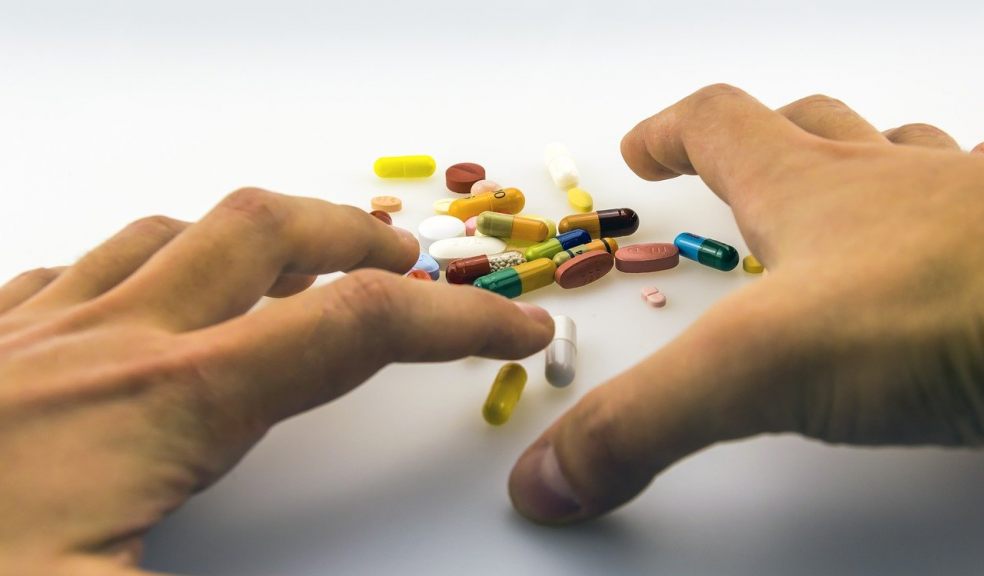
How to prevent relapse with drug addiction
Relapse can happen at any stage of recovery, and it’s important not to deem the blip as an instant failure. For those that are struggling to stay on the right track, it might be due to a lack of tools and knowledge. This guide should help with that.
Relapsing is part of the addiction disease. It’s something that has to be battled through, overcome, or prevented every single day, and that can be understandably exhausting. To help minimise the impact of relapsing and reduce the number of relapses you have, here are three top tips to keep in mind.
The three pillars of self-care
Exercise, sleep, and nutrition are all integral for minimising relapse. With any addiction, previously met obligations such as going to work, socialising, or taking care of your health can start to fall to the side-lines. Lies can start to build up, you’re more secretive day-to-day, and the dependency on drugs or alcohol grows.
Addiction is a disease that will jeopardise other areas of your life in order to grow stronger if you allow it. This means for recovery to really work, you need to ensure that you continue to socialise, attend work, and – most importantly – practise self-care.
The three pillars of self-care are exercise, nutrition, and sleep. With these things in check, you’ll have more strength and a clearer mind to help you handle triggers and urges. Malnutrition can significantly impact how the brain works, leading you to feel more irritable and anxious than you would usually. These negative feels can build up into further stress and fatigue, ultimately leading you to find problematic solutions such as substances or alcohol. By improving your relationship with food and diet, you can ensure a happier and healthier mind.
Research also suggests that exercise can rapidly reduce cravings when overcoming substance abuse. Getting active and out of the house for 30 minutes a day can help curb those cravings and pave the way to recovery.
Of course, sleep and addiction can be intertwined into a vicious circle: People may abuse alcohol to help them get to sleep when their mind is alive with thoughts. But extreme tiredness can also lead people down the path of depending on a little ‘pick me up’.
Withdrawal can also impact sleep and lead to deprivation or sleep disorders – making the urge to relapse even stronger. Without sleep, you are much more likely to have less control over your emotions and how to handle them. Good bedroom habits, light exposure, and fitness can all aid sleep naturally and should be practiced every day – by everyone!
Don’t go it alone
When trying to escape the clasp of addiction, it’s absolutely okay to ask for help. Don’t try to do it alone, as it is much easier to give in to old habits without a support network. There are plenty of different types of Drug Addiction Help, from rehab centres and mentoring, to counselling and residential rehabs.
Enrolling in a treatment plan or programme is known to reduce the number of relapses a person experiences. Rather than just quitting the habit cold turkey, specialists will work with you to understand the deeper, psychological backdrop to alcohol or substance abuse.
Not everyone can afford rehab. And there are plenty of alternatives that are much more accessible that you might not have known about previously. However, it can be easier to bury your head in the sand without this prior knowledge and avoid seeking help. There are even online treatment services available for anyone that would feel more comfortable gaining support in the safety of their own familiar surroundings.
Change your environment
Your environment can play a massive role in your chances of relapse. Staying in the same environment can keep you trapped in a cycle of temptation and triggers. Unfortunately, the past year hasn’t helped. But as things start to get back to normal, there’s positive roads ahead for those struggling with substance or alcohol abuse.
Ensuring your environment supports your fight against addiction can make a huge difference. Lean on those around you to create a positive environment – whether that’s through socialising, house sharing or simply speaking on the phone.
The road of recovery is undoubtedly exhausting, with temptation, cravings, or triggers always close by. However, by creating a support network, switching up your environment, and focuses on the three pillars of self-care, you can reduce the chances of relapse and feel more positive about your future. Plus, you’ll be happier and healthier in general, too!

















